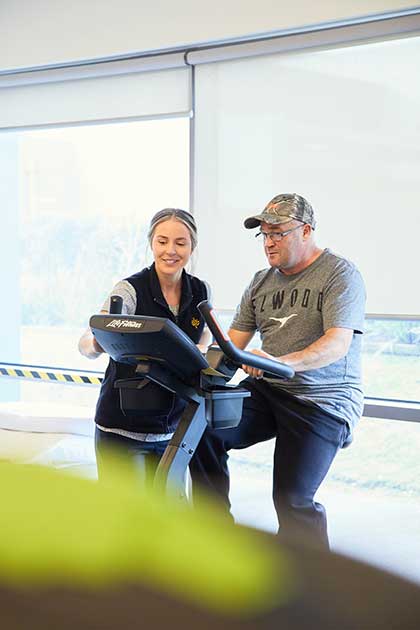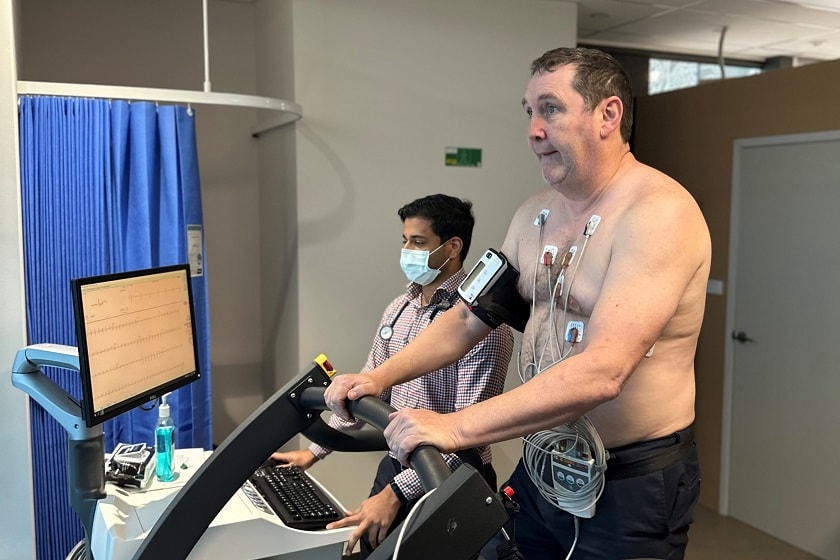Too much cholesterol can damage your arteries so the higher your total blood cholesterol level, the higher your risk of coronary heart disease.
There are often no symptoms or signs of high cholesterol so it is important that you have regular cholesterol checks with simple blood tests.
Medical practitioners do not only look at cholesterol levels when assessing your risk of coronary heart disease as there are other risk factors that come into play including age, high blood pressure, sex, obesity, smoking, family history and diabetes.
All these factors contribute to your overall risk of coronary heart disease.
How a healthy lifestyle can reduce your risks
Ideally, we should all be following a healthy lifestyle to help prevent coronary heart disease.
If you are diagnosed with high cholesterol, there are ways to manage it through healthy eating and exercise.
A low cholesterol diet is the kind of diet we should all have anyway. This is a diet that is seasonal, similar to the Mediterranean diet, with plenty of fruit, vegetables, whole grains, nuts and fish.
Focus on avoiding processed foods and saturated and trans fats, and make it a diet you can have for life; one that is easy to maintain.
What else can I do to help reduce my cholesterol?
Other lifestyle modifications that can reduce your cholesterol include:
- not smoking or quitting smoking
- keeping a healthy weight
- exercising regularly
- limiting your alcohol consumption
- managing your stress.
If your cholesterol levels are in the very high range (above 7.0), or your overall cardiovascular risk is high, there are medications called statins that can reduce the amount of cholesterol your liver produces, and therefore reduce your risk.
The main side effects are musculoskeletal aches, and there are some reports of memory loss.








